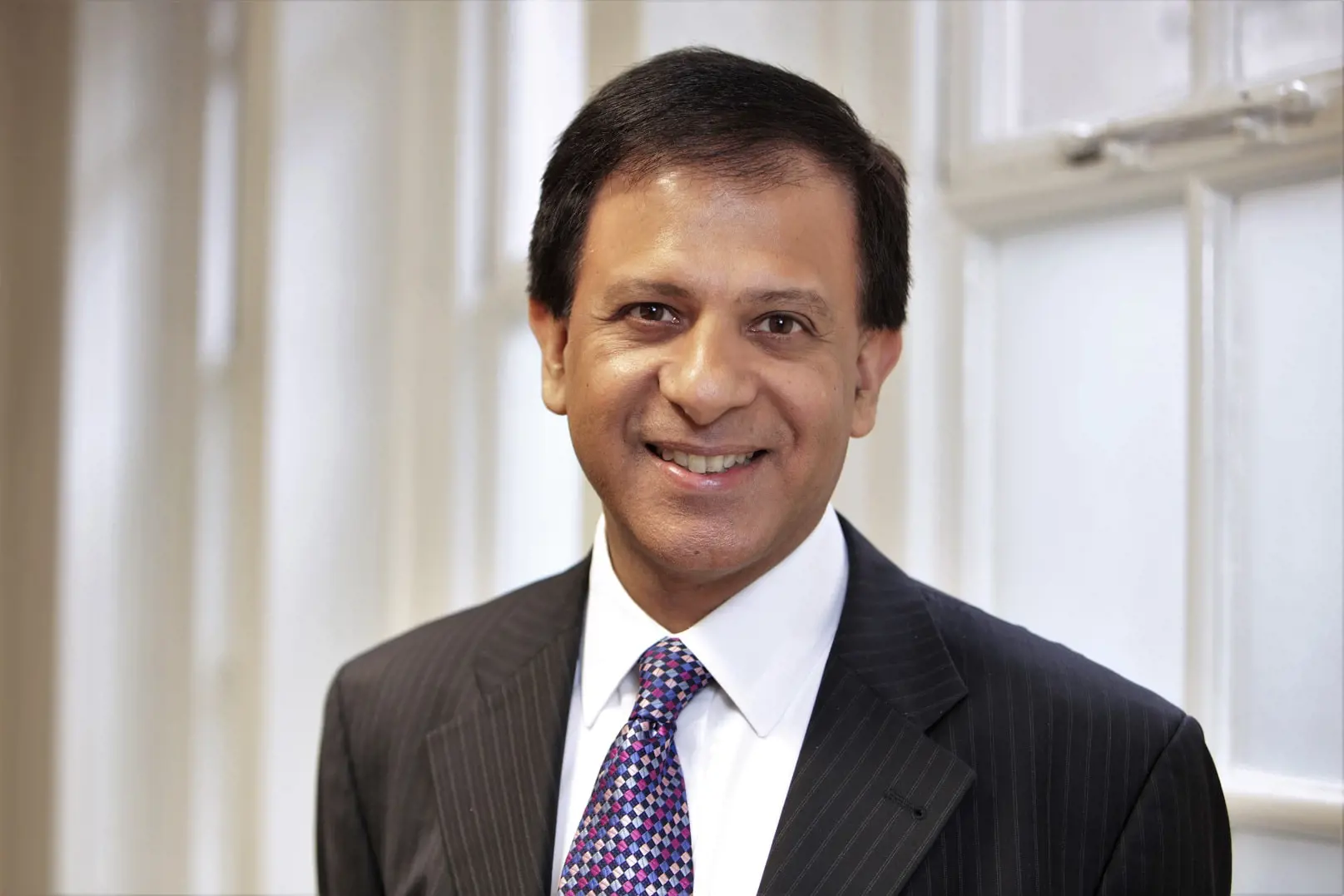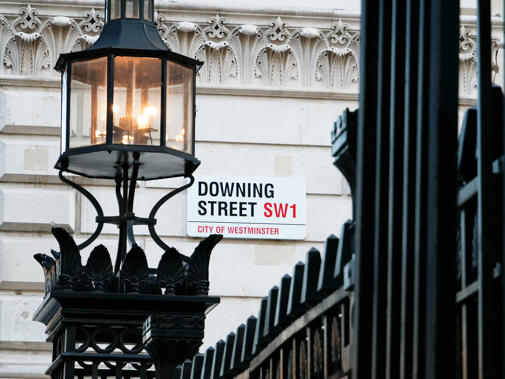The failure to supply PPE to frontline doctors in March and April came as a bitter shock to the medical profession, Dr Nagpaul told members of the Parliamentary public accounts committee, with doctors having previously been assured there were adequate stockpiles of PPE.
The BMA, as the only professional body representing all doctors, had been called to give evidence to the committee’s hearing into Government’s procurement processes and contracts for COVID PPE via video link.
Dr Nagpaul told the committee how doctors started to experience problems getting protective equipment as early as March.
No stock
 NAGPAUL: 'We had received no supplies, by the middle of March, of any PPE'
NAGPAUL: 'We had received no supplies, by the middle of March, of any PPE'
He said many GPs had not even been able to buy PPE directly as supplies had already been directed towards the secondary care sector and had run out, adding the situation did not begin to improve until May.
He said: 'What we were told in February and early March from the Government was that there were adequate plans and adequate stockpiles, the message to us was “don't worry, we have enough”.
‘As the weeks went by in March, we were getting reports increasingly from doctors that they didn’t have access to the PPE they needed.
‘Even doctors in high-risk areas, half of them said there were shortages. In general practice, when this virus was really spreading within the community, we had received no supplies, by the middle of March, of any PPE.
‘We felt pretty abandoned in the middle of March.’
Committee member Gareth Bacon MP asked whether healthcare professionals had had confidence in assurances given by NHS England and the Government in March about sufficient supplies of PPE.
In his response, Dr Nagpaul said that he like many doctors had accepted the claims in good faith, but that later evidence to the contrary made him feel as if the medical profession had been misled.
He said: ‘I actually believed, because that’s what we were being told both on 3 March in the Coronavirus Action Plan and on 17 March from the chief operation officer of NHS England, that there was sufficient stockpiles and that the issue was one of delivery.
‘What happened later on, it transpired, is that the stockpiles were clearly not there at all in sufficient numbers.
‘We took it on face value, we knew that we didn't have the supplies on the ground [but] we were at all times told that there were issues with the logistics of delivering the PPE.'
Dr Nagpaul further highlighted how guidance on PPE from Public Health England had been inconsistent, having failed to follow World Health Organization guidance on the importance of issuing doctors with eye protection, prior to 2 April.
Risk factors
When questioned by the committee about the Government’s failure to investigate the deaths of healthcare staff who had contracted the virus, Dr Nagpaul expressed further dismay.
He said the BMA had written to NHS England chief executive Simon Stevens on 9 April calling for risk assessments of doctors to record metrics such as job role, exposure to the virus and concerns about PPE, so that it could be better understood whether certain doctors were at greater risk.
He said: ‘That data wasn’t collected. Had it been collected we would now be in a much better position to answer that question.’
A BMA COVID tracker survey conducted at the end of March and beginning of April found that only around half of doctors working in the most high-risk environments felt they had adequate protection.
Dr Nagpaul added that concerns about having to work under unsafe conditions were even more pronounced among doctors from BAME backgrounds.
He said: ‘When we did our surveys during that time we had two to three times as many doctors from BAME backgrounds, telling us that they felt under pressure to see patients without adequate protection.
‘There’s plenty of evidence that doctors did not feel protected. They did not feel they had the right equipment to protect them in the midst of the early parts of the pandemic.’
Dr Nagpaul also used the evidence session as an opportunity to emphasise what lessons he felt had been learned from COVID-19, in particular the Government’s lack of preparedness for a global health crisis.
He said that after observing the impact of the virus in countries such as Italy in Spain, the UK had had early warning of what was likely to come in the pandemic, and that the Government should have pulled out all the stops in January and February to manufacture and source PPE.
Dr Nagpaul further stressed that the Government should build and maintain a stockpile of PPE in advance of any future pandemic, adding that such stockpiles should be large enough to ensure provision not just to doctors and other health and care staff, but also to key workers in public transport, retail and food production.
He said: ‘The most important thing is what you do before the pandemic, and have you as a nation done proper pandemic preparedness? The lesson we can learn [from Covid-19] is that there wasn't sufficient preparedness in advance.
‘We should not have had to wait for the coronavirus to hit our shores and then realise that we did not have enough masks and gowns.’
Dr Nagpaul was among a number of health leaders giving evidence at the 10 December hearing.
Other speakers included Royal Hospital for Neuro-disability director of nursing Emily McWhirter who was representing the Royal College of Nursing, and Care England CEO Professor Martin Green.
To view the hearing in full, click here

